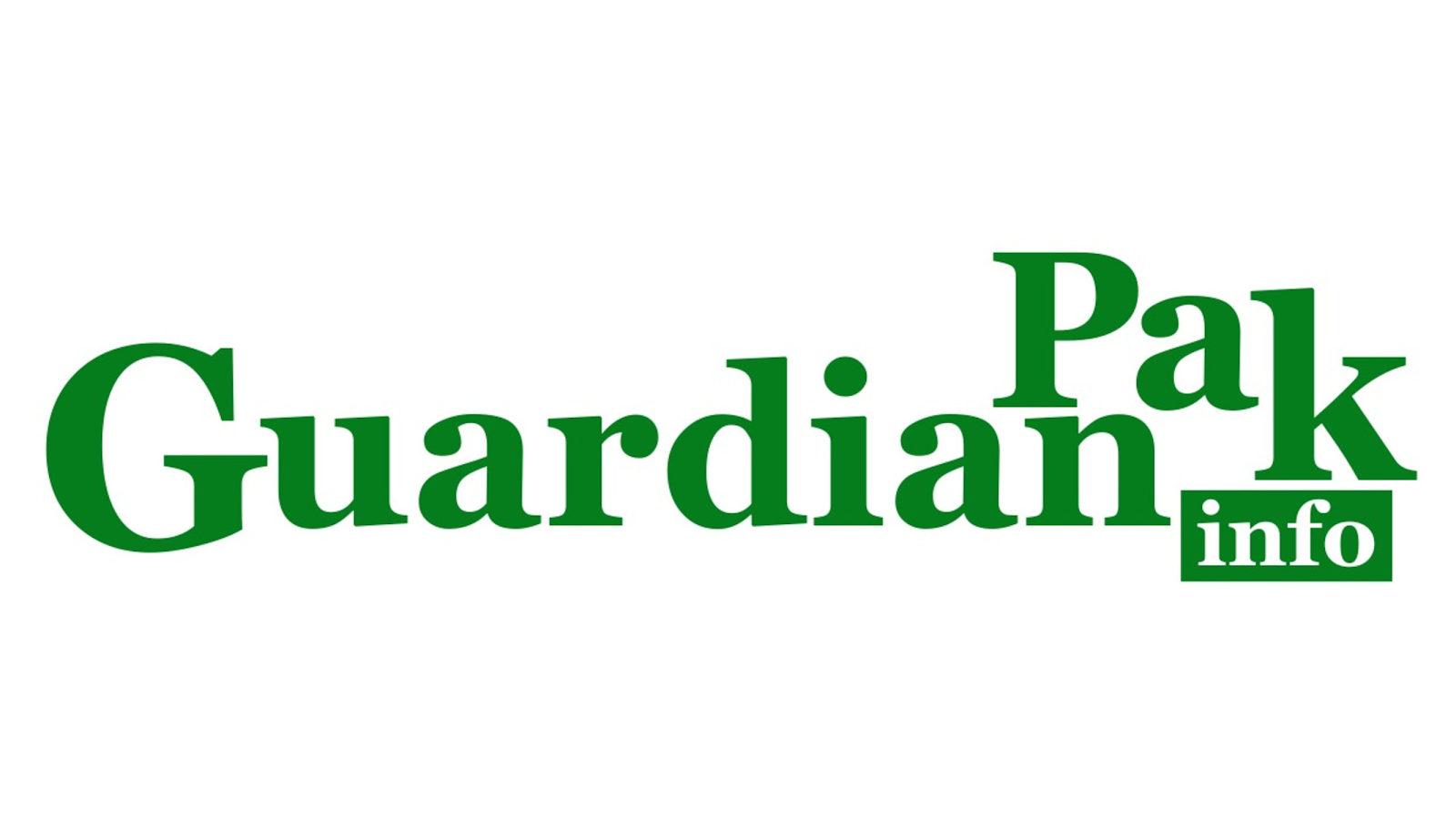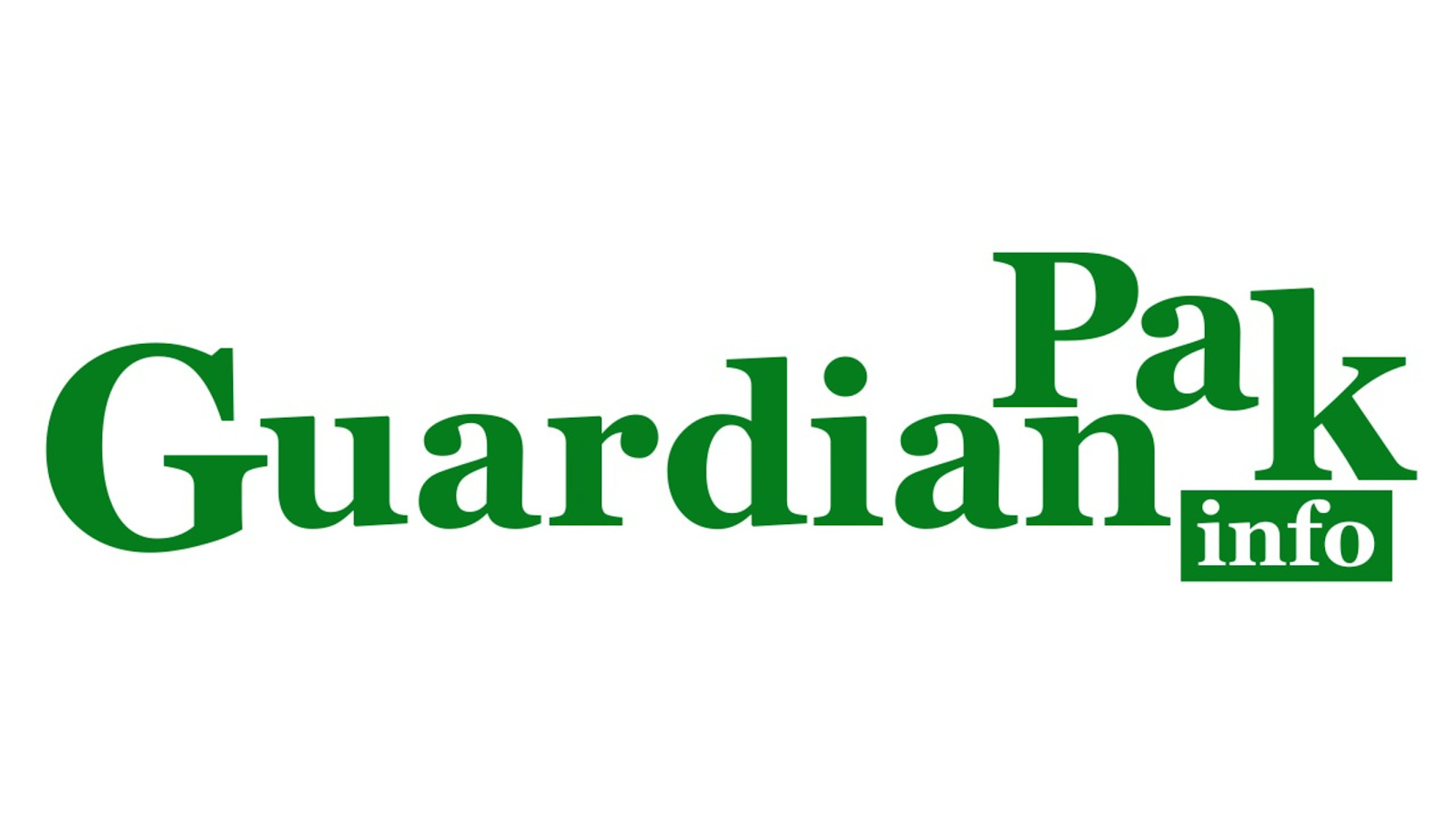A mortgage is a significant financial commitment that allows individuals and families to purchase a home by borrowing money from a lender. While mortgages offer an opportunity to own a property, they come with both advantages and drawbacks that should be carefully considered before making this substantial financial decision. In this article, we will explore the pros and cons of mortgages to help you make an informed choice about homeownership.
Pros of Mortgage
Homeownership
Building Equity
As you make mortgage payments, a portion of each installment goes toward reducing the principal amount you owe. Over time, this builds equity in your home, which is essentially the value you truly own. As property values increase or you make improvements to your home, your equity can grow even further.
Predictable Payments
Fixed-rate mortgages offer predictability in monthly payments, as the interest rate remains constant throughout the loan term. This stability allows homeowners to plan their budgets more effectively, providing peace of mind against fluctuating interest rates.
Tax Benefits
Mortgage interest and property tax payments are often tax-deductible, providing potential tax benefits for homeowners. These deductions can help reduce the overall tax burden and increase the affordability of homeownership.
Leveraging Investment
Real estate has the potential to appreciate over time, and by taking out a mortgage, you can leverage your investment. Even a small increase in property value can result in substantial gains in equity, making homeownership a valuable long-term asset.
Cons of Mortgage
Interest Payments
Mortgages come with interest costs, meaning that you end up paying more than the original loan amount over time. The total interest paid can be significant, especially with longer loan terms, reducing the overall return on investment.
Financial Commitment
Taking on a mortgage is a long-term financial commitment that can extend over several decades. If circumstances change, such as a job loss or unexpected expenses, meeting monthly payments may become challenging.
Risk of Foreclosure
Failing to make mortgage payments on time can lead to foreclosure, wherein the lender takes possession of the property. Foreclosure can severely impact your credit score and result in the loss of the home and equity you have built.
Closing Costs and Fees
Securing a mortgage involves various fees, including origination fees, appraisal charges, and closing costs. These additional expenses can add up and significantly impact the initial cost of homeownership.
Limited Liquidity
Owning a home ties up a significant portion of your wealth in a single asset, which may limit your liquidity. Selling the property to access funds can take time, making it challenging to respond to urgent financial needs.
Conclusion
A mortgage is a powerful financial tool that can pave the way to homeownership and wealth-building through equity. However, it is crucial to approach this decision with a thorough understanding of the pros and cons involved. Before committing to a mortgage, carefully assess your financial situation, long-term goals, and risk tolerance.
While a mortgage allows you to enjoy the benefits of owning a home, it also comes with the responsibility of consistent payments and potential financial risks. Seek advice from financial experts and mortgage professionals to determine the most suitable mortgage option for your needs. By weighing the pros and cons, you can make an informed decision that aligns with your financial aspirations and enhances your overall financial well-being.






0 Comments